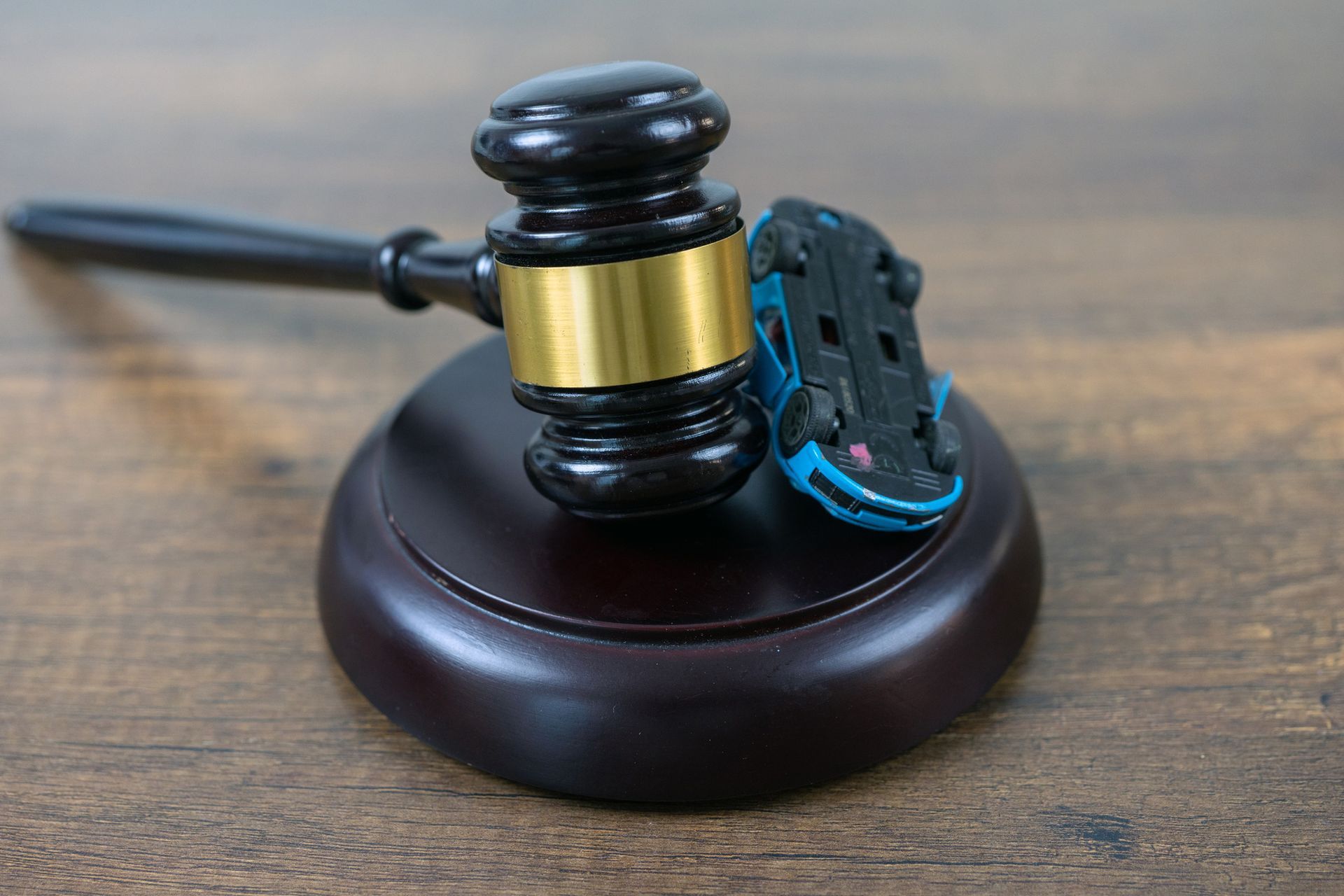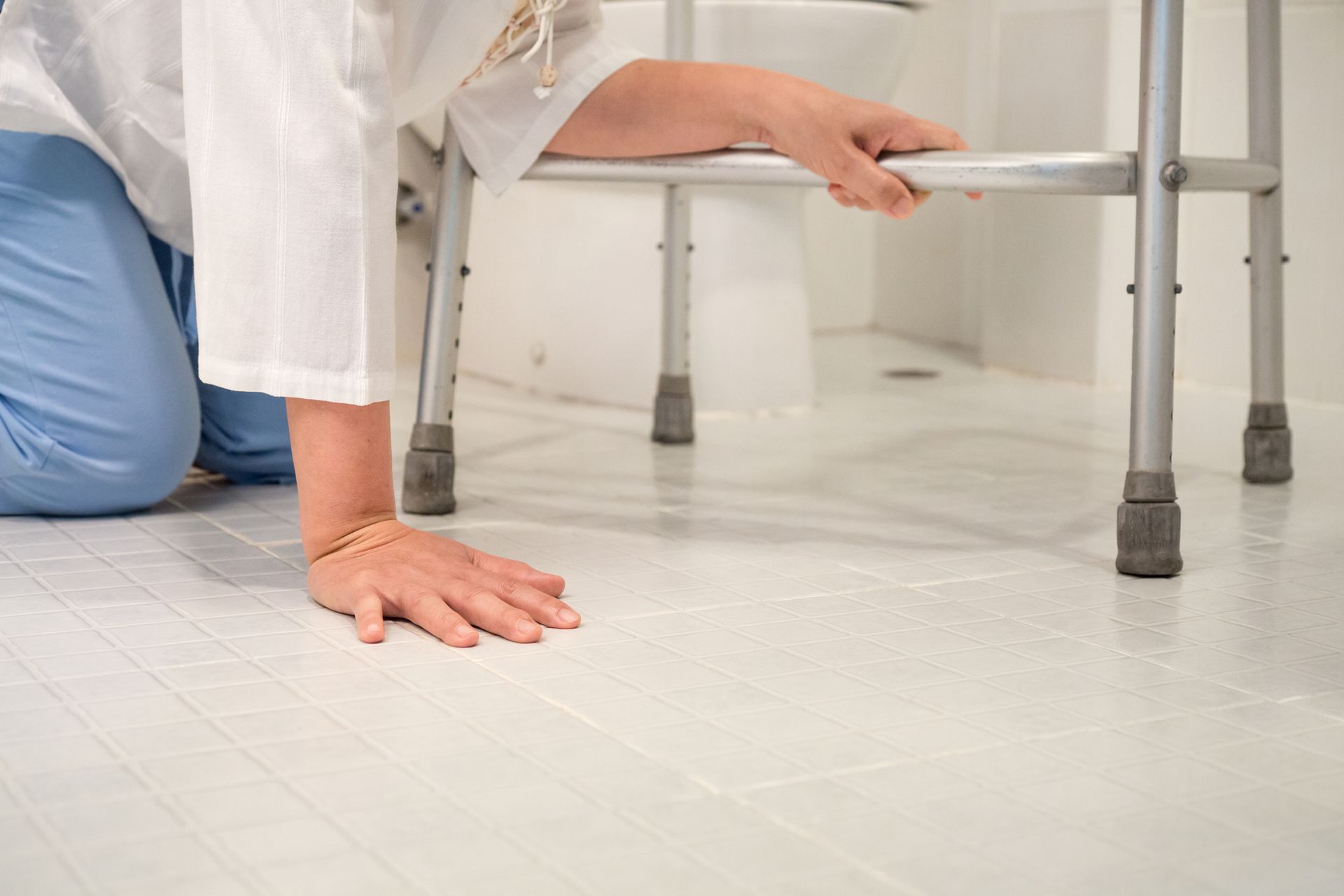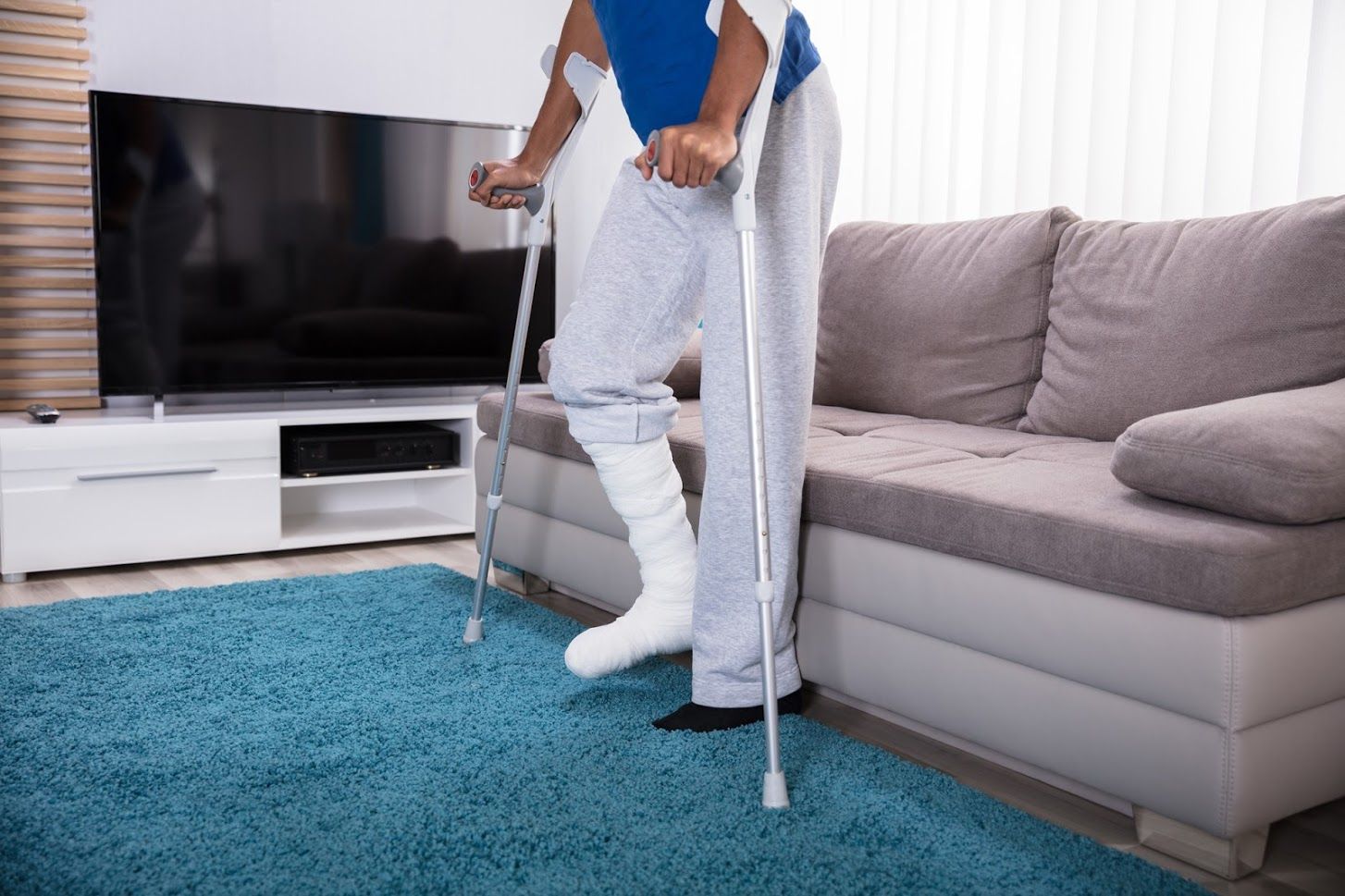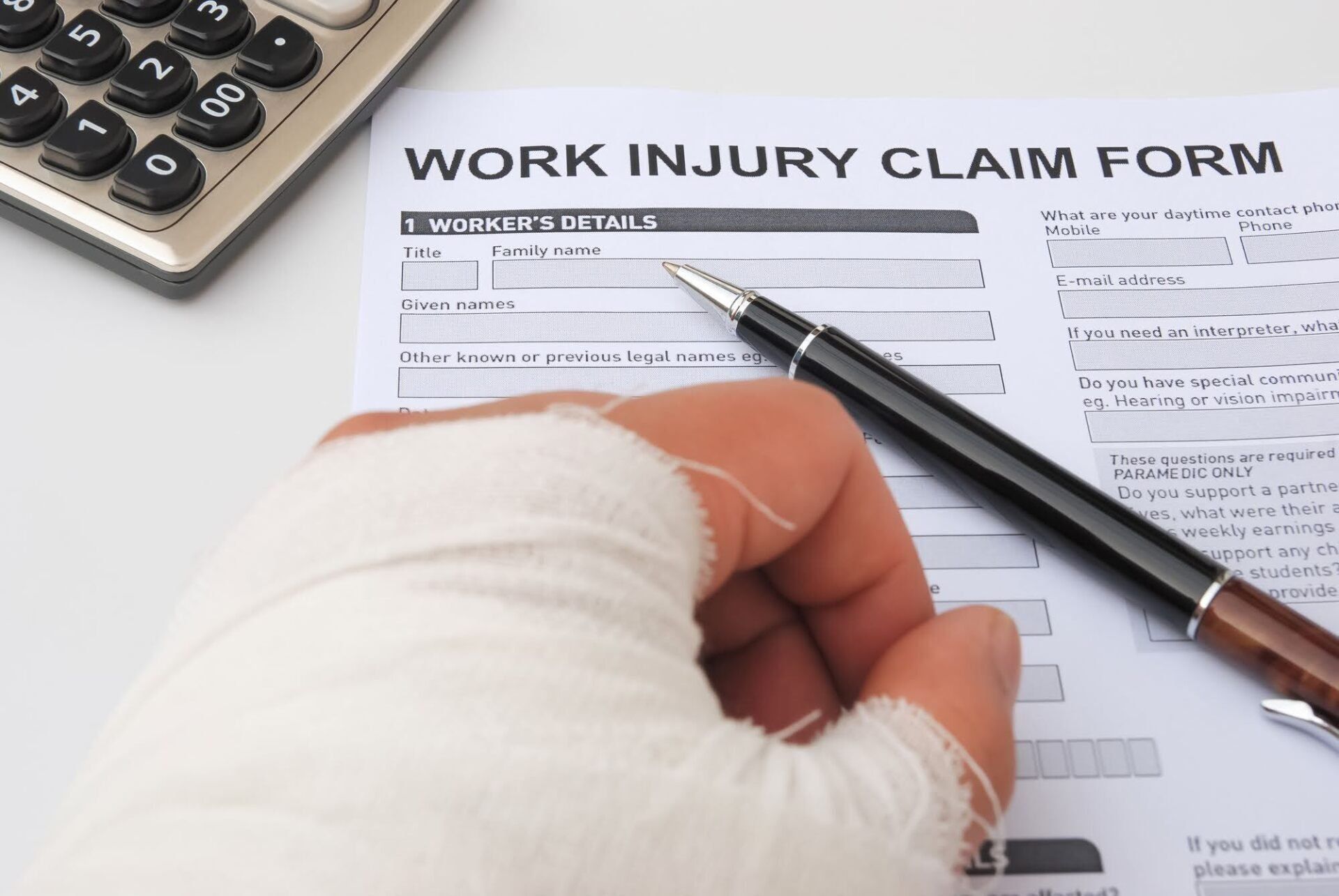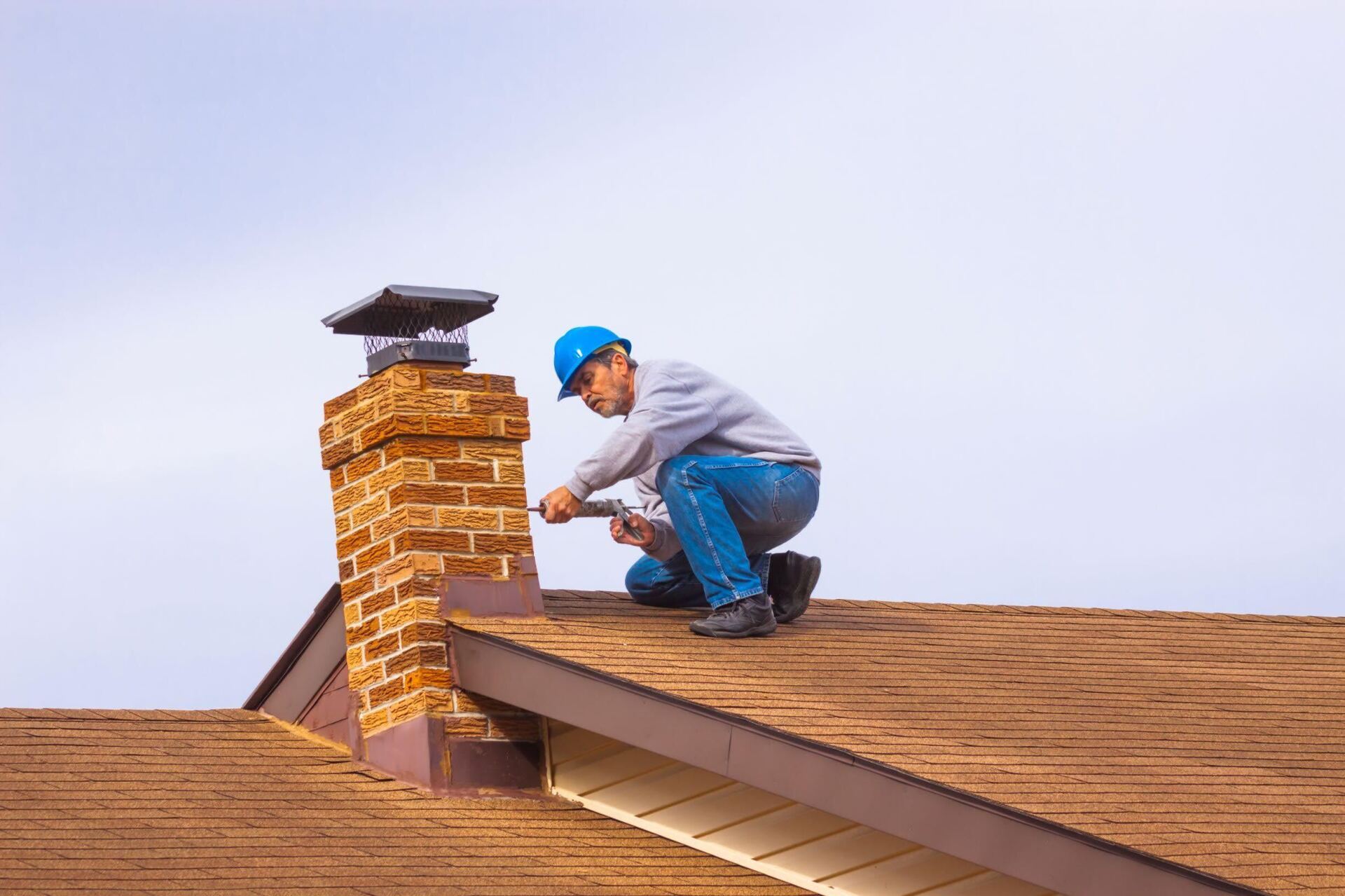
For many Americans, placing their elderly parent, grandparent, or loved one in a nursing home is the best way to ensure the individual receives the care they need. The majority of nursing homes employ caring individuals who treat their patients with dignity and respect. Unfortunately, there are still approximately 2 million cases of elder abuse reported in the United States each year.
Elder abuse and neglect are serious issues, and if you suspect that someone is mistreating your loved one, it's critical to know the signs and how to help them. Here are some steps you need to take, if you suspect a loved one is being abused or neglected in their nursing home.
Recognize the Signs of Elder Abuse and Neglect
There are several different types of elder abuse and neglect. Here are the various types of elder abuse, and the symptoms of each:
- Neglect. When the nursing home isn't providing the basic level of care, it is neglect. Examples of neglect include a patient who develops bedsores or is incontinent and not being cleaned in a timely fashion after an accident.
- Financial abuse. When a member of the nursing home staff uses the patient's credit card without authorization or steal their money or belongings, it is financial abuse. If your loved one talks about buying gifts for staff members, or items have vanished from their room, a staff member might be abusing their relationship.
- Physical abuse.
In addition to kicking, hitting, pushing, or punching, physical abuse can also be confining the patient to their room or unnecessarily using restraints. The physical signs of abuse are often obvious and will include bruises, lacerations, or sores.
Finally, two additional types of abuse are often difficult to recognize: emotional and sexual abuse. Emotional abuse occurs when the patient is belittled, isolated, or manipulated by staff. When a staff member sexually abuses a patient, the signs often include a pelvic injury, bruises in the genital area, or a sexually transmitted disease.
Talk to Your Loved One
If you've noticed any of the above-mentioned signs of abuse or neglect, or suspect that there is something wrong with your elderly loved one, talk to them. Ask them questions about their day to day life, or if anything troubling has occurred. Make sure there are no staff members present because the witness might be the individual who is abusing or neglecting their patient.
Report the Abuse
The next step is to report the abuse to the proper authorities. If you believe that your loved one is in immediate danger, contact the police. Otherwise, talk to a social worker, your patient's doctor, or a nearby hospital. The Florida Department of Adult Protective Services will also provide assistance.
Gather evidence of the abuse or neglect, which will help strengthen your case against the nursing home or a specific staff member. For example, take photos of any bruises or sores, obtain a copy of the patient's financial statements, or ask for witness statements from the other nursing home residents.
Contact an Attorney
Finally, after you have gotten your loved one safely out of the nursing home, contact an attorney. Your attorney can help you determine if filing a lawsuit is feasible, and how to proceed. In addition to seeking compensation for your loved one, an experienced attorney will also work to ensure the nursing home and staff members responsible will be brought to justice.
Millions of elderly individuals suffer neglect or abuse while living in a nursing home. If you have any additional questions, contact the professionals at the Law Offices of David A. Helfand, P.A.


